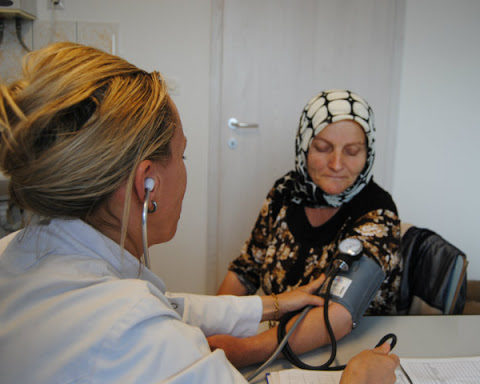Addiction can take a toll on not just the individual struggling with it but also on their relationships. Rebuilding connections after addiction is a delicate process that requires patience, understanding, and effective communication. In this article, we will explore insightful tips on how to navigate this challenging journey towards healing and rebuilding relationships.
Understanding the Impact of Addiction on Relationships
Before delving into the tips for rebuilding relationships, it’s crucial to understand the profound impact addiction can have. Substance abuse can strain trust, create emotional distance, and lead to a breakdown in communication. Recognizing these challenges is the first step toward fostering a supportive environment for recovery and relationship rebuilding.
Open and Honest Communication
Communication is the cornerstone of any healthy relationship, and it becomes even more critical when overcoming the aftermath of addiction. Both parties need to engage in open and honest conversations about their feelings, concerns, and expectations. Creating a safe space for dialogue allows for the expression of emotions and the rebuilding of trust.
Patience and Understanding
Recovery is a journey, not a destination. Patience is paramount during this process. Understand that setbacks may occur, and relapses are part of the recovery journey. Practicing empathy and offering support without judgment can go a long way in rebuilding a sense of security and understanding within the relationship.
Seek Professional Help
Navigating the complexities of rebuilding a relationship after addiction may require professional assistance. A therapist or counselor specializing in addiction and relationship dynamics can provide valuable insights and strategies. Professional guidance can facilitate effective communication and help both individuals address underlying issues.
Establishing Boundaries
Setting clear and healthy boundaries is crucial for rebuilding relationships after addiction. Establishing boundaries ensures that both parties feel respected and understood. This may involve defining limits on certain behaviors, communicating needs, and establishing consequences for violating agreed-upon boundaries.
Focus on Self-Care
Rebuilding a relationship after addiction requires individuals to prioritize their own well-being. Engaging in self-care practices, such as exercise, therapy, and hobbies, contributes to personal growth and resilience. When both individuals are committed to their own recovery, the foundation for a healthier relationship becomes stronger.

Rebuilding Trust Through Consistency
Trust is often eroded during the throes of addiction. Rebuilding it requires consistent actions and follow-through on commitments. By demonstrating reliability and accountability, individuals can gradually rebuild trust in their relationships. Consistency is key in fostering a sense of security and stability.
Celebrate Milestones
Acknowledge and celebrate the milestones achieved in both recovery and relationship rebuilding. Whether it’s a certain period of sobriety or a breakthrough in communication, recognizing and celebrating these accomplishments reinforces positive behaviors and strengthens the bond between individuals.
Conclusion
Rebuilding relationships after addiction is undoubtedly challenging, but it is not impossible. With open communication, patience, professional guidance, and a commitment to self-care, individuals can navigate this journey toward healing and connection. By understanding the impact of addiction, establishing boundaries, and rebuilding trust through consistency, couples can emerge from the shadows of addiction stronger and more connected than ever. Feel free to visit their page to find more tips and ideas about overcoming alcohol dependency.







